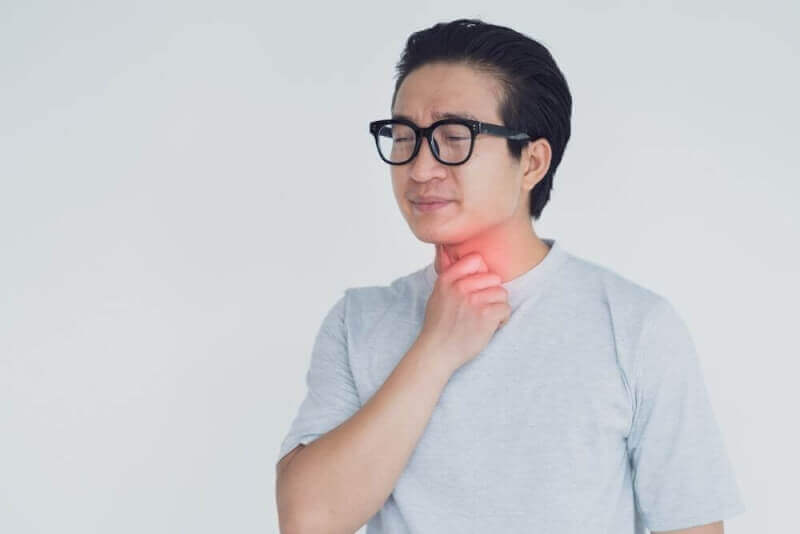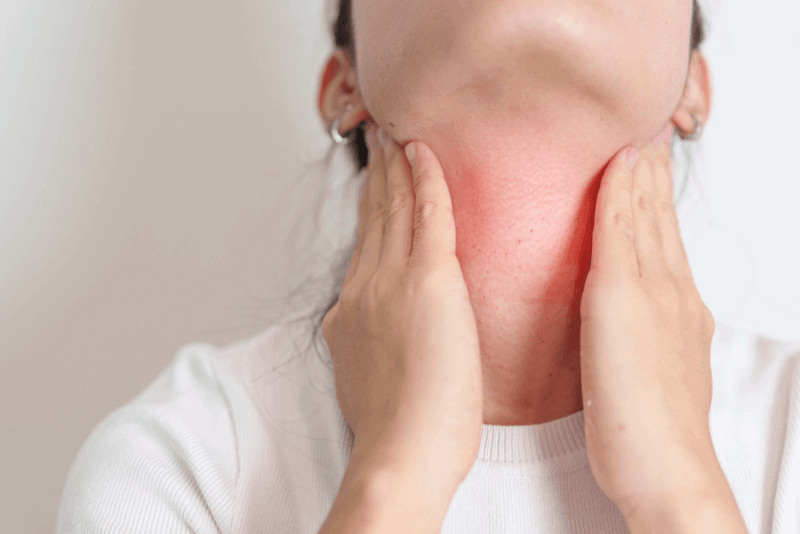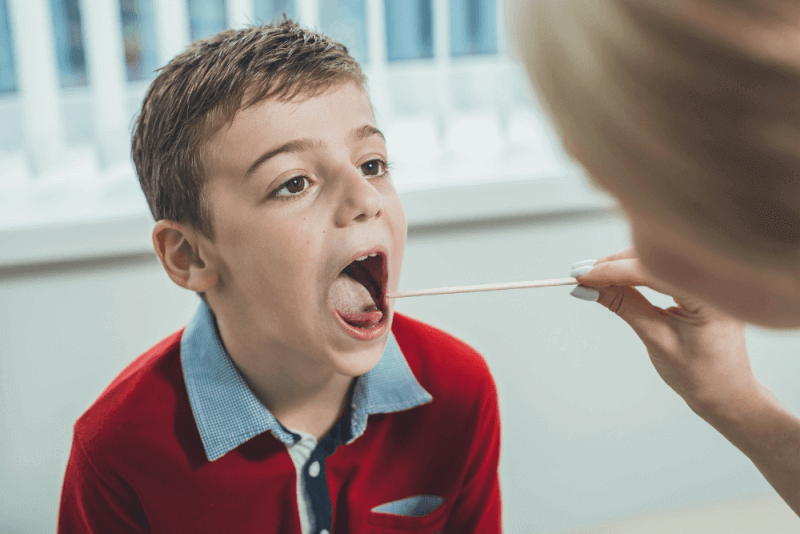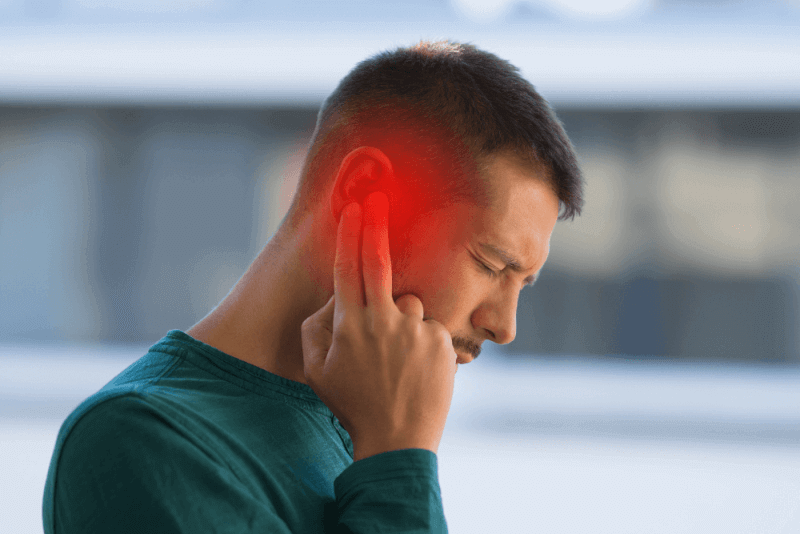Swhat is es wire polyp?
Non-cancerous growths that can be seen on one or both vocal cords are called vocal polyps. Patients with a correct diagnosis of polyps are theoretically cancer-free.
However, due to the lack of experience of non-specialized physicians, misdiagnosis may occur. For this reason, pathologic examination is recommended before the diagnosis is made.
Diagnosis of vocal cord polyps
The diagnosis of vocal cord polyps is made by a proper examination of the larynx under office conditions. Different instruments are used during this examination and the procedure is named according to these instruments. The instruments used during diagnosis include the following.
- Rigid endoscopic examination of the larynx
- Flexible fiberoptic laryngoscopy
Diagnostic studies under stroboscopic light provide more detailed and accurate information. An endoscope is used for this examination.
This examination allows the size and location of the polyp to be seen clearly. In addition, if stalked polyps affect the vocal cords, they can be displaced above or below the vocal cords during the examination.
Causes of vocal cord polyps
Vocal cord polyps are formed after excessive or improper use of the voice. Unlike vocal cord polyps, vocal cord polyps are formed after a single episode of screaming, shouting or speaking loudly in a noisy environment.
The recurrence of voice traumas after the formation of small polyps causes irritation of the area where the polyp is located. This causes the polyp to grow larger and the symptoms to worsen.
Symptoms of vocal cord polyps
The most characteristic symptom of vocal cord polyps is hoarseness. Apart from this, the symptoms to be seen include the following.
- Rough sounding voice
- Hoarse voice
- Pain and soreness around the neck in case of prolonged or exertional use of the voice
Vocal cord polyp treatment methods
As with other vocal cord diseases, there are three different approaches to the treatment of vocal cord polyps. These methods include the following.
- Behavioral methods such as sound therapy
- Medication
- Surgical methods
After treatment of vocal polyps, vocal rest, vocal therapy and vocal hygiene approaches are extremely important to prevent recurrence. It is recommended to abandon incorrect vocal behavior to prevent recurrence of vocal cord polyps.
Surgery for vocal cord polyps
Surgical methods are the method that provides effective treatment of voice polyps in a short time.
The aim of the surgery is to completely remove the diseased tissue while preserving the vocal cords. However, voice therapy and medication after the surgical procedure increases the chances of success.
Vocal cord polyp surgery methods
Two different methods are used in vocal cord polyp surgeries. Since there is no external incision in both methods, the healing process takes place in a short time after the procedure.
Phonomicrosurgery and microlaryngoscopy are performed endoscopically. These procedures, which are performed under general anesthesia, are used especially if the polyps are large.
During the procedure, a high-resolution laryngoscope and other endoscopic instruments are used to access the throat through the mouth. The polyps are then cut out without damaging healthy tissues.
Thanks to the absence of stitches in voice polyp surgeries, which take an average of 30 to 45 minutes, patients can be discharged on the same day.
Complications of vocal cord polyp surgery
The risk of complications is minimized thanks to the closed method of voice polyp surgery. In addition, its application under general anesthesia involves the presence of risks associated with anesthesia.
In addition, complications that can be seen due to voice polyp surgery include the following.
- Sore throat
- Difficulty swallowing
- Numbness of the tongue
- Taste problems
The healing process of vocal cord polyps
Patients are expected to have a sore throat the day after surgery. In addition, there are no restrictions on their eating and drinking. However, patients should not speak even in a whisper for a week and should rest their vocal cords.
In addition, numbness in the tongue and taste disturbances are observed after surgery. However, these changes will resolve themselves within a few weeks. After the healing processes, voice therapy is recommended to prevent the formation of vocal cord polyps. This can prevent misuse of voices.







